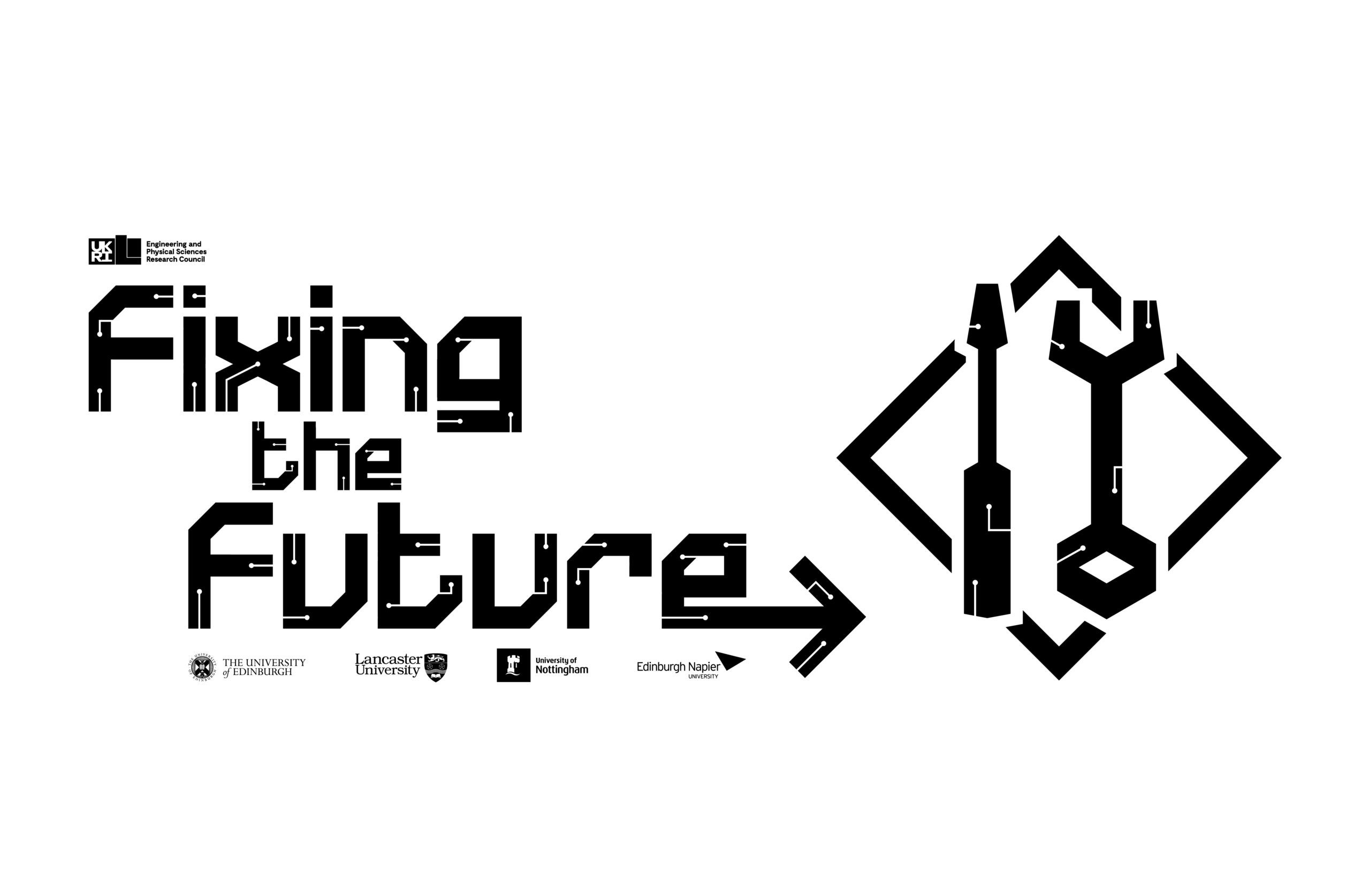Fixing the Future: The Right to Repair and Equal-IoT
‘Fixing the Future’ is an interdisciplinary project investigating how the lack of repairability in the consumer Internet of Things (IoT) will adversely impact equity, inclusion, and sustainability in the digital economy.
‘Fixing the Future: The Right to Repair and Equal-IoT’ is a 2-year, £1.25 million research project funded by the UK Engineering and Physical Sciences Research Council (EPSRC).
IoT products are becoming the default, with wireless connectivity and automation bundled into mundane household items like TVs, energy meters, toys and phones. Whilst the IoT can still be a consumer choice now, its growth means citizens may see it imposed on them in the future.
Using theory and methodologies from Human-Computer Interaction (HCI), Design and Law, the project aims to anticipate future impacts of a digital divide caused by redundant IoT devices, particularly for lower income households. It will envision how to build more equitable IoT devices and avoid future inequalities posed by the poor long-term cybersecurity, exploitative uses of data and lacking environmental sustainability that define the current IoT.
Additionally, some citizens can afford to replace broken devices but others cannot and require support to repair them or face the impacts. The project will examine how equality issues from IoT arise across society, generations and geographies, and investigate how to create more repairable devices that respect citizens legal rights, provide long-term cybersecurity, minimise eWaste, and are supported by local community repairability networks.
The project draws together expertise in human computer interaction, design research, technology law, ethics, and digital humanities to investigate how to build more equitable IoT devices that enable inclusive participation in the digital economy. This will be achieved through an exciting programme of work, which includes:
- Mapping the changing legal and ethical landscape, particularly around shifting current IoT design practices and examining the role of the right to repair in supporting citizen needs.
- Exploring how to create the IoT Repair Shop installation with the Making Rooms Blackburn to understand issues faced by local citizens and to understand practical challenges of repairing IoT devices in the community.
- Creating blueprint prototypes and user experiences that demonstrate how to design for repairability, to support IoT manufacturers to change current practices;
- Designing a toolkit that will practically support development of more equitable futures when living with IoT by targeting needs of different citizen, government, and industry stakeholders.
